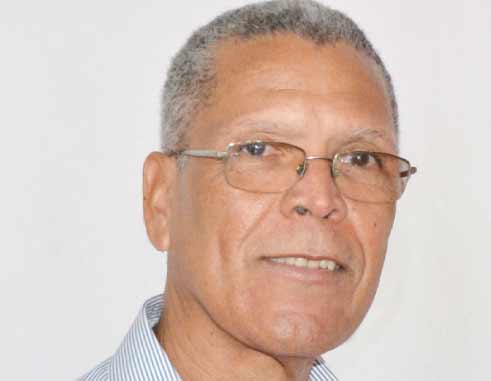
THE December 10, 2016 editorial of this newspaper called for the passage of a Freedom of Information Act (FOIA), making the point that draft legislation has existed since 2011. That editorial described the object of the proposed legislation as being to “promote maximum disclosure of information in the public interest” and “to guarantee the right of everyone to access to information…”
We have since heard nothing from the Government in this regard but as we pointed out in Part 1 last week, the Prime Minister indicated in an interview in January this year that with respect to the provision of information, transparency for his Government did not mean that the public would necessarily be provided with all of the information that the Government held.
On the face of it, then, Government’s position on accessibility to information is at odds not only with the definitions of transparency provided last week but also with the stated objective of St. Lucia’s draft Freedom of Information Act. We can, therefore, hold little hope of this law being enacted in the near future.
Meanwhile, we examine the Freedom of Information legislation in the United States and the United Kingdom in order that we may obtain some guidance. As the Government continues to insist that the DSH Framework Agreement is confidential, we will maintain a focus on it, but will also return to the Technical Audit of St. Jude Hospital.
In the United States, the Freedom of Information Act (FOIA) was passed into law in 1967 and requires federal agencies to disclose any information requested under the Act unless it falls under one of nine exemptions which protect interests, such as personal privacy, national security, and law enforcement, (foia.state.gov/Learn/FOIA.aspx). (There are also three additional law enforcement exclusions). The exemption of interest to us in the DSH matter is the fourth listed, that of “trade secrets and commercial or financial information obtained from a person and privileged or confidential”.
According to an FOIA Update, (justice.gov/oip/blog/foia-update-protecting-business-information), the information to be protected is “sensitive proprietary data, the disclosure of which would likely cause harm to the commercial interests of the businesses involved”. With respect to whether that information can be considered confidential, that Update indicates a two-pronged test which permits withholding of business information when disclosure would (1) impair the government’s ability to obtain such necessary information in the future or (2) cause substantial harm to the competitive position of the submitter.
In the context of the above, what information could be contained in that Framework Agreement between DSH and Government, publication of which could cause harm to DSH’s competitive position? Even then, the leaked copy of that document does not contain any commercial information.
In the United Kingdom, Freedom of Information (FoI) legislation was enacted in 2000, (legislation.gov.uk/ukpga/2000/36/contents), and an independent Information Commissioner’s Office, (ICO) has also been established, (ico.org.uk). That Office advises on the application of the Act, and also has an enforcement function.
According to ICO’s Guide to the Freedom of Information Act, the principle behind this Act is that “everybody has a right to access official information. Disclosure of information should be the default – information should be kept private only when there is good reason and it is permitted by the Act”.
The Act provides a number of exemptions where information can be withheld, a few of which are absolute, meaning that the information requested can be automatically withheld. Most of the exemptions are, however, qualified exemptions, meaning that public interest arguments must be considered before a decision to withhold information can be taken.
According to the ICO, “the public interest means the public good” and continues with “there will always be a general public interest in transparency. If there is a plausible suspicion of wrongdoing on the part of a public authority, this may create a public interest in disclosure. And even where this is not the case, there is a public interest in releasing information to provide a full picture”. (ico.org.uk/for-organisations/guidance-index).
Even with respect to the confidentiality of information, the ICO Guide advises that the public interest in disclosure must still be considered as the U.K. law of confidence recognizes that a breach of confidence may not be actionable where there is an overriding public interest in disclosure.
Given the U.K. Government’s approach to transparency, we fail to understand what could be driving our Government to ignore similar standards as it continues to insist on the confidentiality of the DSH Framework Agreement.
Only recently, we were again told, this time by Minister Guy Joseph, that Teo Ah Khing was “having a look” at the redevelopment of Hewanorra Airport. Not only does this suggest another agreement with Mr. Ah Khing about which we know nothing, but what could possibly lead a government to engage a consultant whose expertise lies in the design of horse racing stadia, office buildings and hotels, for the redevelopment of an international airport terminal?
We continue next week with a look at the role to which we have been relegated.
P.S: Remember Emancipation!






